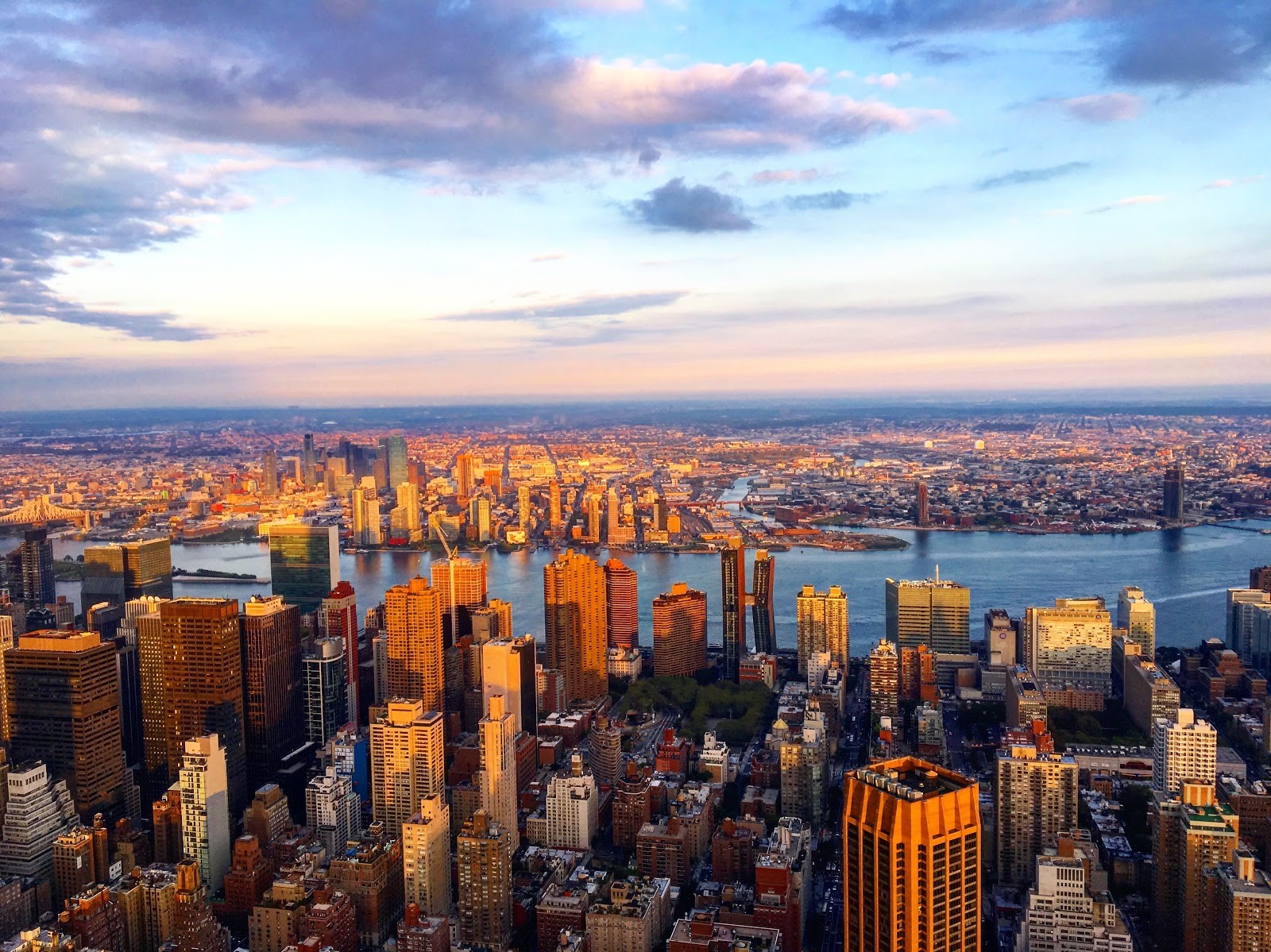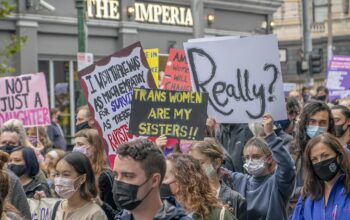When talks of the wealth gap begin, images of class wars start forming in minds of some. However, other contributors to the wealth gap––globalisation and tax havens––seem to be left out of the debate.
Wealth gap, by definition, refers to the unequal distribution of capital within a population––in other words it is economic inequality. As this inequality is growing, several NGOs and institutes are doing more and more research on the topic. According to The Guardian, “half of world’s wealth [is] now in hands of one percent of population.”

From the Silk Road we have travelled a long way, to the era of opulence and luxury brought to us by modern day globalisation. Globalisation––the flow of capital, cultures and services––has gotten us adjusted to the myriad number of options, but we have now come to see the perhaps unavoidable side effect of globalisation; the global wealth gap. The continuity of its existence is much clearer for those who connect the dots between the wealth gap and its factors. So let us talk about one which tends to not be talked about; the impact of tax havens on economic inequality.
Different Rules in Taxes
The recurring topic of tax havens has surfaced on the front page of many newspapers with titles like ‘Paradise Papers’ and ‘Panama Papers’. Off-shore tax havens with their no-tax or low tax policies appeal to many wealthier individuals and companies as they create more or less lawful migration of capital which in return destabilises the economy. Keep in mind that legality is not the problem here, but rather ethicality.
Tax havens and companies, such as Appleby which helps the super-rich to “hide” their wealth, have been scrutinised for several reasons. Investigative journalists have done their duties and brought up issues such as the connections between individuals who are involved in for instance terrorism, illegal mining, human rights abuses and corruption.
It is believed that on a global level the use of tax havens results in approximately 255 billion US dollars loss in tax money annually. After a quick search you will find multiple research papers and journals talking about how tax havens hold between five and seven trillion US dollars. The 2016 US presidential candidate, Bernie Sanders, stated that it is time for the biggest US companies to “pay their fair share of taxes so that our country has the revenue we need to rebuild America.” It does seem like there are different rules for the super-rich and for the rest of us; the financially mortal.
A Gulf in Wealth
Rich individuals and multibillion-dollar companies avoiding taxes in poorer countries, and even wealthy countries like the United States, bereave these countries from providing its citizens with public services.Bad tax schemes in countries also support the existence of economic inequality. According to Tax Justice Network, an example of this is tax competition, where governments try to lower taxes on the rich to keep the tax revenue in their country rather than it ending up in a tax haven, but simultaneously end up increasing the taxes on the poor. This in return, strengthens the economic inequality that already exists in all countries.
Though tax havens may seem like a niche that is exclusively for the exuberantly wealthy, tax havens are not marginal in the context of global economics––they truly have a huge impact on financial instability and politics. We do not tie the knot between the issues of wealth gap and tax havens, it seems as though these two things come hand in hand, ushered into our lives through the miraculous phenomenon called globalisation.
We need to start looking at the problem of economic inequality connected to the system that has been producing the imbalance. So from globalisation to tax havens, and from tax havens to the endless cycle of inequality. But understanding tax havens still continues to be strenuous for the ordinary people. Perhaps the lack of knowledge of these tax havens facilitating the endeavours of the richest stops the ordinary people from unifying in efforts of making a change. Like Ronald Wright once said “socialism never took root in America because the poor see themselves not as an exploited proletariat but as temporarily embarrassed millionaires.” But what if we, the bourgeoisie, the working class, the hoi polloi (Ancient Greek: “the many”), finally start rising up against the problem of unethicality and inequality and organise resistance towards this injustice?
Photo credits:
Laura Korte, all rights reserved
The Shard of glass–sharp like the inequality it reflects.
The wealth of a city built in the midst of inequality.








